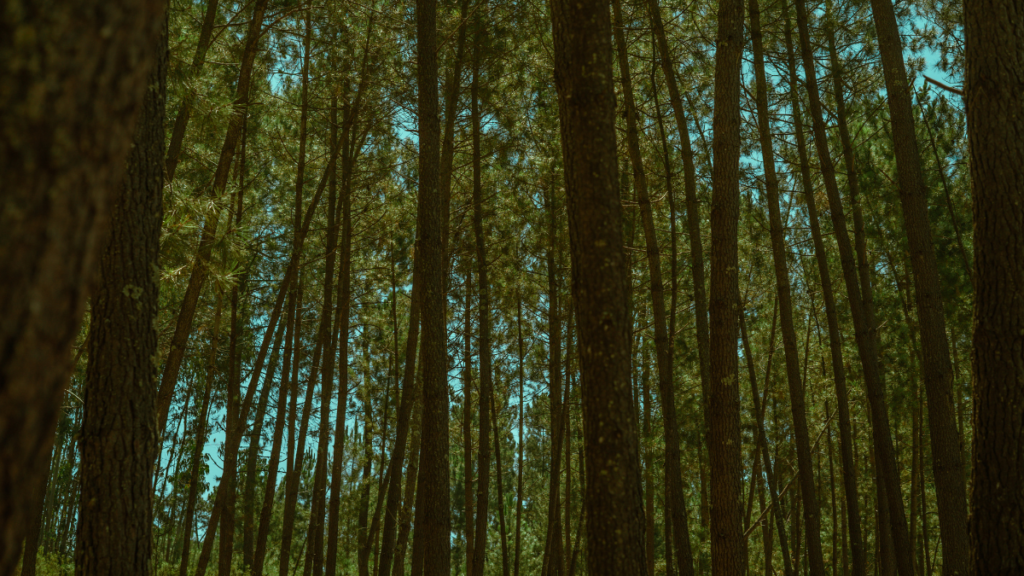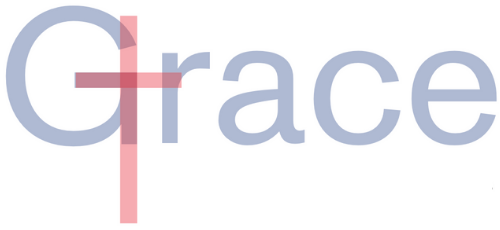
“His spirit and his life he breathes in all,
Now on this cross his body breathes no more.
Here at the center everything is still,
Spent, and emptied, opened to the core.
A quiet taking down, a prising loose.
A cross beam lowered like a weighing scale,
Unmaking of each thing that had its use,
A long withdrawing of each bloodied nail.
This ground zero, emptiness and space
With nothing left to say or think or do,
But look unflinching on the sacred face
That cannot move or change or look at you.
yet in that prising loose and letting be
He has unfastened you and set you free.”
(Poem by Malcolm Guite)
I have enjoyed the poetic walk we have been doing through Holy Week and toward Easter Day in the daily renderings of the e-newsletter, and I hope you have to.
Malcolm Guite’s poem from The Word in the Wilderness: a poem a day for Lent and Easter, captures something I attempted to convey in my sermon at the Easter Vigil at St Mary’s in Napa last Saturday evening. In his commentary on the poem and on Holy Saturday, Guite calls Holy Saturday a “strange, still day, hanging in an unresolved poise between the darkness of the day before and the light that is not yet with us”.
I was not quite so poetic in my description as I admitted to “moping around after the midday service of Good Friday through to the gathering at the Easter Vigil. Talking with Ruthanne about the Friday evening Taizé service, it seemed to me a very appropriate way of marking such a “still day, hanging in an unresolved poise”, as Guite put it. We don’t know what to do with ourselves and probably shouldn’t. The light of the Real Presence over the tabernacle where we normally place the consecrated elements of bread and wine is rightly extinguished, and it is tempting to light it again ahead of time just to be ready for Easter.
Every year, as we gather in the courtyard or somewhere outside of church on Easter Eve, we replay the discovery of fire. It is time for the Boy and Girl scout in us to come to the fore. And out of the nature of things, new fire is made. Just as out of the nature of things new life brought Jesus back from the dead. And we put the two together and declare “The light of Christ”.
Vigils are often associated with respecting the dead. We watch with and to some extent over them and we tell stories about them. We embrace what it was about them that touched our lives, and that became our story. We could have spent the whole night at church if I had dared suggest that we begin such a story telling time at St Mary’s last Saturday. At some point we would have realized that it is daylight, and we would have let the light lead us to the declaration that “Christ is risen”.
We do not tell our stories of faith adherence enough. Or we do not give ourselves sufficient time for such sharing. I like to offer time for vestries to do this as they begin to bond for a new year of parish leadership. I think small groups offer such an opportunity. Consider too the bedrock of AA meetings that help lead so many out of their darkness into light – it’s all about the story telling. And so, it is with us as the faithful gathered.
If you have never experienced an Easter Vigil, I encourage you to give yourself that treat. We tell stories as the presider invites us to listen to the record of Holy Scripture. Last Saturday it was about our creation, and God’s deliverance of us represented in the Passover and Red Sea stories. We were offered God’s way and perspective as a guiding principle, and the realization that God’s desire is to give us hearts of flesh, not stone, that can embrace and love and connect, even with the stranger. All of this is summoned up in the renewal of our baptismal promises, and a recognition of how in baptism Christ’s new life is lived out in each and every one of us.
The light of Christ becomes Christ is risen which in turn becomes Christ lives in us. No more moping around, no more still and hanging days, rather a day to —
Rise heart; thy Lord is risen. Sing His praise
Without delays,
Who takes thee by hand, that thou likewise
With Him mayst rise.
That, as His death calcined thee to dust,
His life may make thee Gold, and much more just.
(George Herbert, quoted by Malcolm Guite in The Word in the Wilderness, p 170-171)
— Bishop Alan

Recent Comments